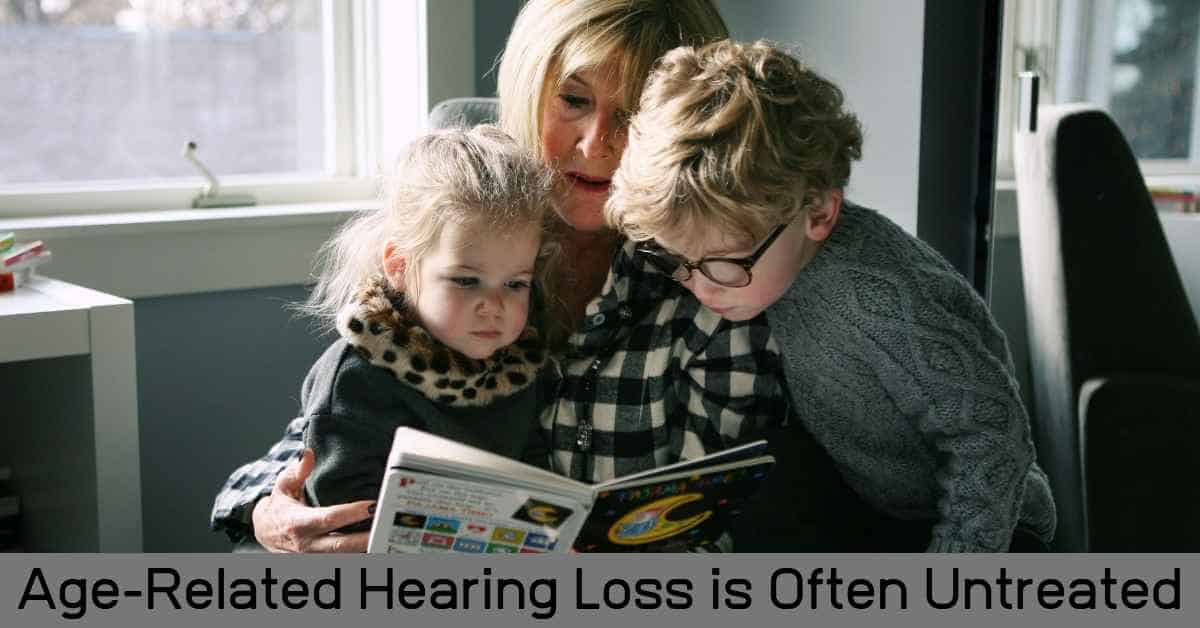Age-related hearing loss is a common condition – approximately two-thirds of people over the age of 65 experiences it. At Desert Valley Audiology, we are committed to helping you overcome your hearing challenges no matter what your age. It starts with a simple call to our office to schedule a hearing evaluation. Hearing tests are private and non-invasive. If a hearing loss is detected, we’ll be with you every step of the way to make sure you get what you need for better hearing health.
Aging and Hearing Loss
As we age, most of us will experience hearing loss. Yes, even the baby boomers will have hearing difficulties. Yet, less than one in five people with age-related hearing loss get it treated. Hearing aids have gotten better, they’re discreet, contemporary, more user friendly, but that statistic hasn’t changed much. Hearing loss doesn’t “get better” and it’s not something you should just plan on adjusting to.
Signs of Hearing Loss
The first signs of hearing loss are so subtle you may not notice. It might just be someone making a passing remark that you seem to be asking people to repeat themselves a lot. It’s a silent condition and often when people start to realize it, the first thing that results is denial and the second is ignoring it. As hearing loss becomes more advanced, you will start to notice difficulties hearing conversations when there is background noise like at the dinner table or at a restaurant.
Age-Related Hearing Loss
The most common cause of hearing loss comes with the natural process of aging. Age-related hearing loss, also known as presbycusis, is due to the destruction of certain types of sensory cells in the inner ear. These tiny hair cells don’t grow back once they are damaged.
No one actually knows why they die, but there are numerous studies that link reduced blood flow to the destruction as well as prolonged exposure to loud noises. Age-related hearing loss typically begins in the 50s. By age 70, two-thirds of the population will be experiencing some type of hearing loss and by age 100 – 100% of the population has hearing loss.
Issues with Untreated Hearing Loss
The World Health Organization ranks untreated hearing loss as having a high impact on individuals as well as those around them. Untreated hearing loss results in mental and social problems as well as physical issues that affect the general quality of a person’s life.
Untreated hearing loss has been found to have an impact on relationships, according to WHO. The most affected is a partner or significant other, but it also has an impact on an individual’s children and grandchildren. Relationships with other family members, friends and colleagues may also suffer.
Some of the mental/psychological consequences of untreated hearing loss include: embarrassment, concentration problems, sadness and depression, worry and frustration, anxiety, loss of self-esteem, insecurity and paranoia.
Social issues associated with untreated hearing loss include isolation and withdrawal, intimacy issues, inattentiveness, social isolation and a reduction in social activity and problems at work that may lead to retirement. Physical problems tied to untreated hearing loss include hypertension, sleep issues, propensity for falling and longer hospital stays and early on-set dementia.
Addressing Non-Treatment
While older people are routinely screened for diabetes and high blood pressure, many general practitioners don’t add hearing tests to routine exams and many don’t feel comfortable performing hearing evaluations. A number of medical associations have started discussions involving how hearing tests can be added to standard protocol when senior citizens are admitted to the hospital or show up in the emergency room. Noting a hearing problem on a medical chart would go a long way towards ensuring better care because physicians as well as medical staff would know they need to make sure patients understand what they are being asked about their medical symptoms and making sure they understand after-care instructions.
Seeking Treatment with Desert Valley Audiology
The good news is that many of the issues that have a detrimental impact on an individual if they have untreated hearing loss can be mitigated or eliminated with hearing aids. One of the larger U.S. studies done found hearing aids improved the physical and mental well-being of individuals and had they experienced an overall improvement in the general quality of their life. So, give us a call at Desert Valley Audiology and get that hearing test. It doesn’t hurt – and it can only help!

